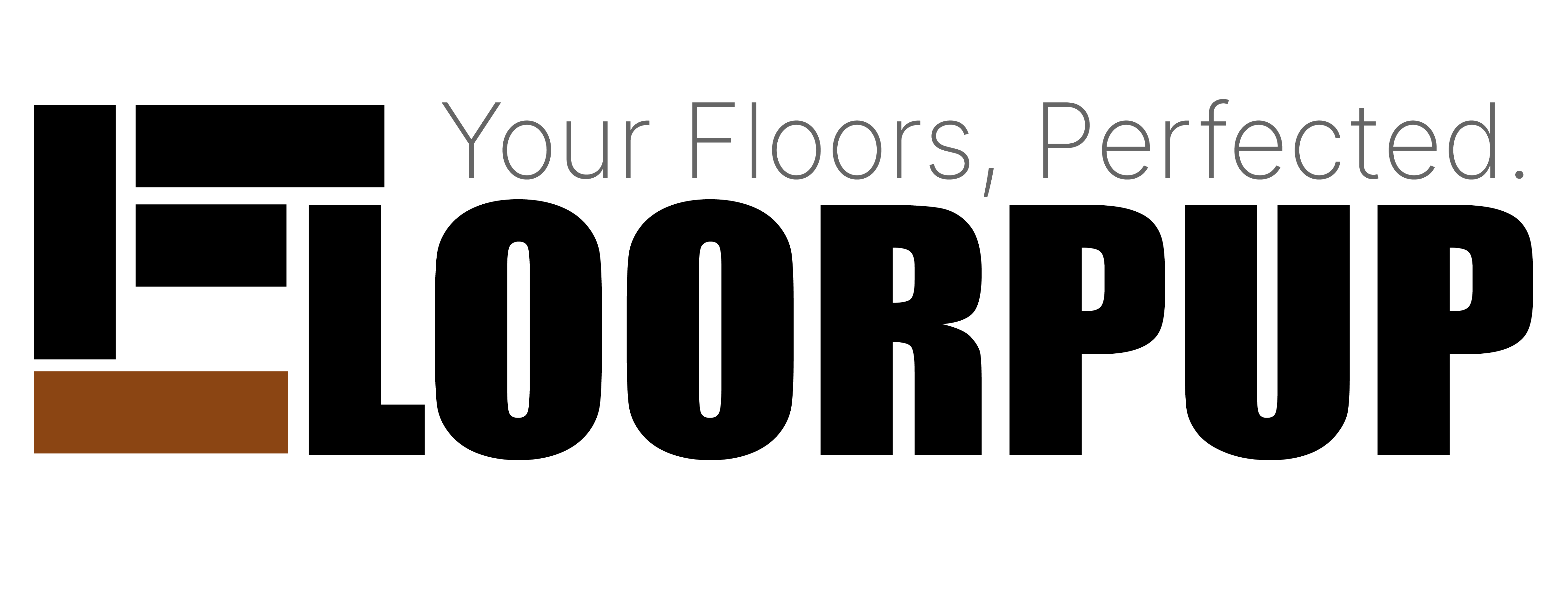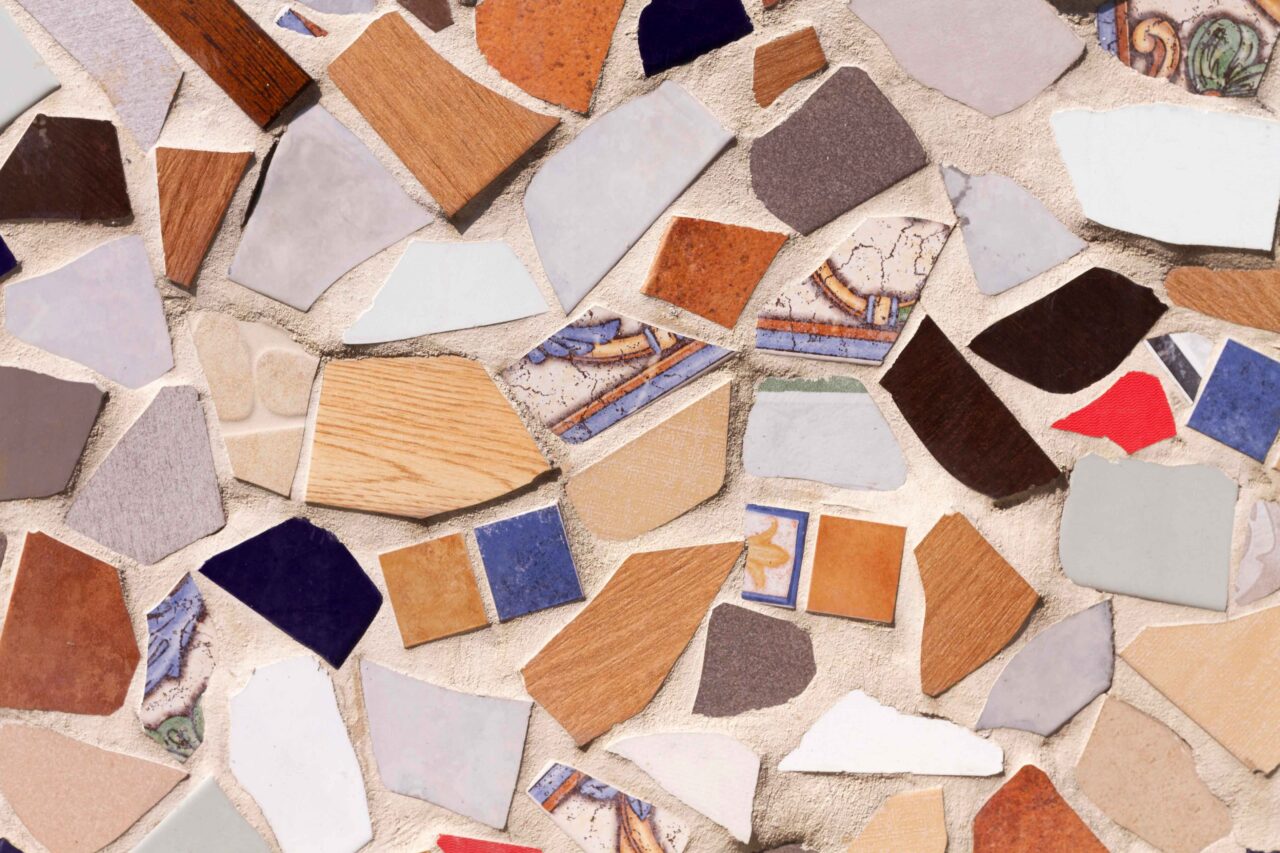Opting for the ideal flooring material for your residence is a meaningful choice. It encompasses more than appearances; it preserves comfort, upkeep, and the property’s market value. In a world abundant with choices, ranging from timeless hardwood to contemporary luxury vinyl tiles, it becomes imperative to take into account your specific requirements, financial considerations, and the distinctive attributes of each flooring variety. In the following sections, we will delve deeper into various flooring materials, explore their advantages and disadvantages, and offer guidance on making well-informed decisions tailored to different areas within your home.
- Hardwood Flooring: Timeless Elegance
Hardwood flooring exudes timeless elegance and fits seamlessly into various interior design schemes. Its popularity stems from its versatility and durability. Hardwood comes in various wood species, grains, tones, and finishes to match your unique style.
Pros of Hardwood Flooring:
- Versatility: Hardwood complements diverse interior styles, from contemporary to rustic.
- Durability: Proper care can last for generations, and you can refinish it multiple times.
- Resale Value: Real estate experts often highlight hardwood floors as a sought-after feature.
- Warmth: It adds natural warmth to your space, making it cozy and inviting.
Cons of Hardwood Flooring:
- Cost: Hardwood can be expensive, including installation costs.
- Maintenance: Professional help is often required for proper installation and refinishing.
- Moisture Sensitivity: Prolonged exposure to moisture can cause warping, limiting its use in some areas.
Top Tips:
- Look for the Forest Stewardship Council (FSC) mark for sustainability.
- Consider lacquered finishes for durability.
- Protect hardwood from excessive UV exposure and scratches.
- Engineered Wood Flooring: A Stable Alternative
Engineered wood flooring offers a stable alternative to solid hardwood. It consists of a real wood veneer on a core of heat-formed wood, making it less prone to temperature and humidity-related expansion and contraction.
Pros of Engineered Wood Flooring:
- Stability: Less likely to expand or contract with temperature and humidity changes.
- Durability: Resistant to warping and moisture when installed correctly.
Cons of Engineered Wood Flooring:
- Refinishing Limitation: Thinner top layers limit the number of refinishes.
- Top Tips: Apply a high-quality coating for protection.
- Laminate Flooring: Affordable and Versatile
Laminate flooring is an affordable option miming the look of hardwood, tile, or stone. It’s easy to install and maintain, making it suitable for various areas in your home.
Pros of Laminate Flooring:
- Affordability: Budget-friendly option.
- Scratch Resistance: Resistant to scratches and easy to clean.
- Easy Installation: Suitable for DIY projects.
Cons of Laminate Flooring:
- Cold and Hard Feel: It may feel cold and hard underfoot.
- Quality Variation: Cheap options may not offer the best quality.
Top Tips:
- Avoid extremely cheap options for better quality.
- It is ideal for areas without heavy moisture exposure.
- Real Stone Flooring: Timeless Beauty and Durability
Real stone flooring, including limestone, slate, marble, and terracotta options, offers timeless beauty and durability. It’s an excellent choice for kitchens, bathrooms, and hallways.
Pros of Real Stone Flooring:
- Elegance: Adds elegance and character to any space.
- Longevity: When properly installed, it can last a lifetime.
- Allergy-Friendly: Doesn’t harbor dust mites or pet hair.
Cons of Real Stone Flooring:
- Installation Cost: The initial cost can be high, including proper subfloor preparation.
- Maintenance: Requires sealing and periodic resealing.
- Cold Feel: It can be chilly underfoot in colder climates.
Top Tips:
- Invest in proper subfloor preparation for stability.
- Consider area rugs for added protection and warmth.
- Tile: Endless Design Possibilities
Tile is a versatile, durable flooring option for kitchens, bathrooms, and hallways. It offers endless design possibilities with various patterns, finishes, and colors.
Pros of Tile:
- Versatility: Wide range of design options, from patterns to colors.
- Easy Maintenance: Easy to clean and withstands moisture.
Cons of Tile:
- Cost Variation: High-quality tiles can get expensive.
- Permanent Installation: Removal can be challenging.
- Cold Surface: Some tiles can feel cold underfoot.
Top Tips:
- Carefully choose tile characteristics based on the room’s needs.
- Consider underfloor heating for added comfort in cold climates.
- Resin or Concrete Flooring: Modern and Functional
Resin or concrete flooring is a modern and functional choice for open-plan kitchens, patios, and contemporary living spaces. It offers a seamless, noise-absorbing, and waterproof surface.
Pros of Resin or Concrete Flooring:
- Modern Design: Provides a sleek, contemporary look.
- Durability: Resists wear and aging well.
- Customization: Available in various colors and designs.
Cons of Resin or Concrete Flooring:
- Cost: It can be expensive, with resin typically costlier.
- Scratches: Surface scratches may occur.
Top Tips:
- Apply sealant for added protection against surface scratches.
- Vinyl Floors: Versatile and Budget-Friendly
Vinyl flooring, made from polyvinyl chloride and plasticizers, is a versatile and budget-friendly option. It’s comfortable to walk on and is available in various designs.
Pros of Vinyl Floors:
- Versatility: Replicates various materials like wood, tile, and stone.
- Affordability: Offers a durable, cost-effective solution.
- Comfort: Comfortable to walk on and warm underfoot.
Cons of Vinyl Floors:
- Not as Resilient: Not as resilient as real wood, challenging to repair.
- VOC Emissions: Some vinyl emits volatile organic compounds.
- Limited Sustainability: Not easily recyclable.
Top Tips:
- Look for phthalate-free options for sustainability.
- Luxury Vinyl Tiles or Planks (LVP): Affordable Elegance
Luxury vinyl tiles or planks (LVP) provide the elegance of hardwood without the high maintenance. They are more cost-effective than hardwood and suitable for various areas in your home, including bathrooms and kitchens.
Pros of Luxury Vinyl Tiles or Planks (LVP):
- Durable: Resistant to water and wear.
- Cost-Effective: More affordable than hardwood.
- Versatile: Mimics the look and feel of hardwood.
Cons of Luxury Vinyl Tiles or Planks (LVP):
- Not Authentic Wood: Despite similarities, it’s not real wood.
Top Tips:
- Maintain cleanliness to extend its lifespan.
- Carpet: Cozy Comfort for Certain Spaces
Carpet is a comfortable and welcoming carpet alternative for bedrooms, closets, and workplaces.
FAQS
What is floor and its types?
A floor is utilized to cover indoor surfaces and is available in various types. Hardwood flooring boasts a timeless and elegant appearance, while laminate flooring offers affordability and versatility. Tile flooring, due to its durability, is ideal for areas with heavy foot traffic. Vinyl flooring is resilient and offers numerous style options, while carpet provides comfort and warmth. Each type possesses unique characteristics, catering to diverse spaces and individual preferences.
What was the first type of floor?
The earliest known form of flooring used by humans was likely constructed from natural materials such as earth, clay, or stone. In ancient times, individuals would compact soil or clay to create rudimentary floor surfaces. As civilizations advanced, they began utilizing stones and tiles for more enduring and decorative flooring. Since then, flooring has undergone significant evolution, with modern options like hardwood, carpet, laminate, and tile now widely available.
What is popular floor?
Popular floor choices vary depending on personal preferences and requirements. Some common options include hardwood, laminate, tile, carpet, and vinyl. Each type offers distinct features and advantages, making them suitable for various styles and living spaces.


